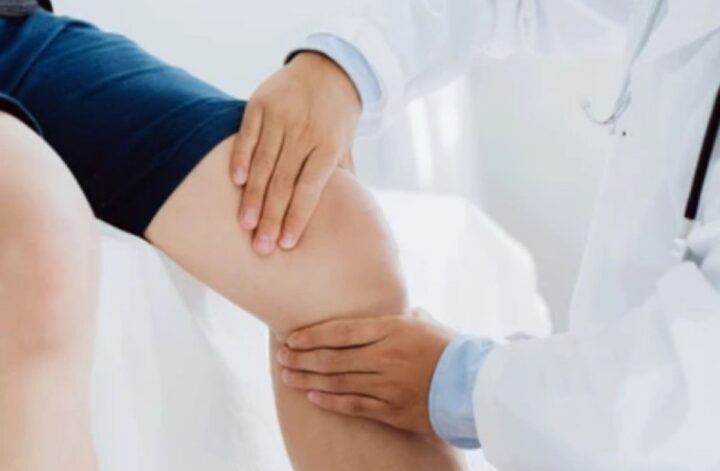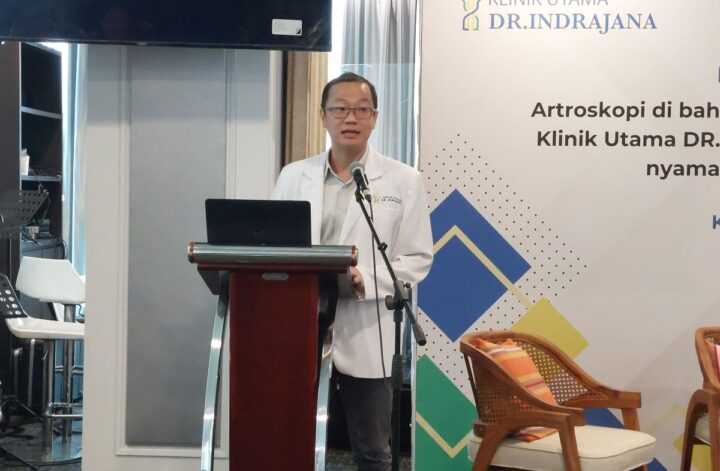Menopause is a natural stage in a woman’s life that marks the end of her menstrual cycle and fertility. It typically occurs in women between the ages of 45 and 55, but can also happen earlier or later. While menopause is a normal and natural process, it can bring about a variety of physical and emotional changes in a woman’s body.
One of the most significant health concerns associated with menopause is the increased risk of osteoporosis. Osteoporosis is a condition characterized by low bone density and deterioration of bone tissue, which can lead to an increased risk of fractures. Women are already at a higher risk of developing osteoporosis compared to men, and the hormonal changes that occur during menopause can further exacerbate this risk.
During menopause, the body produces less estrogen, a hormone that plays a key role in maintaining bone density. As estrogen levels decline, women are more likely to experience bone loss, making them more susceptible to osteoporosis. In fact, studies have shown that women can lose up to 20% of their bone density in the first five to seven years after menopause.
In addition to hormonal changes, other factors such as age, genetics, lifestyle choices, and nutritional deficiencies can also contribute to the development of osteoporosis in menopausal women. Women who smoke, consume excessive amounts of alcohol, have a sedentary lifestyle, or have a family history of osteoporosis are at a higher risk of developing the condition.
To reduce the risk of osteoporosis during menopause, women can take steps to maintain their bone health. Regular weight-bearing exercise, such as walking, jogging, or weight training, can help strengthen bones and reduce the risk of fractures. A diet rich in calcium and vitamin D is also essential for maintaining bone density, as these nutrients play a key role in bone formation and maintenance.
In some cases, healthcare providers may recommend hormone replacement therapy (HRT) to help manage the hormonal changes associated with menopause and reduce the risk of osteoporosis. However, HRT is not suitable for everyone and may come with certain risks and side effects, so it is important for women to discuss the potential benefits and risks with their healthcare provider.
Overall, menopause is a natural stage in a woman’s life that can bring about a variety of changes, including an increased risk of osteoporosis. By taking proactive steps to maintain bone health, such as exercising regularly, eating a balanced diet, and discussing treatment options with a healthcare provider, women can reduce their risk of developing osteoporosis and enjoy a healthy and active lifestyle during and after menopause.




